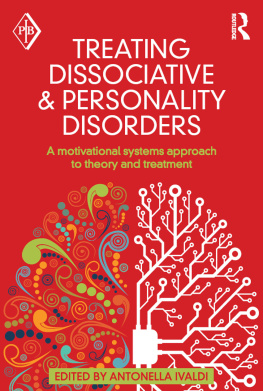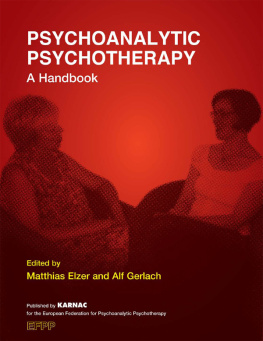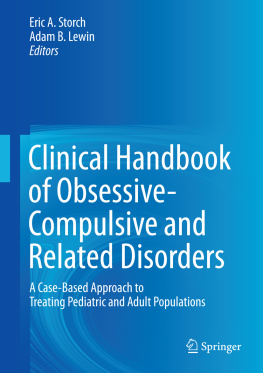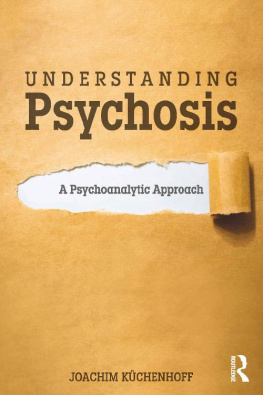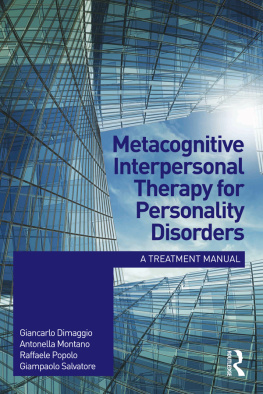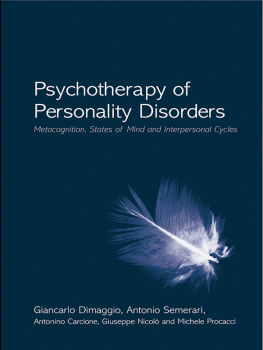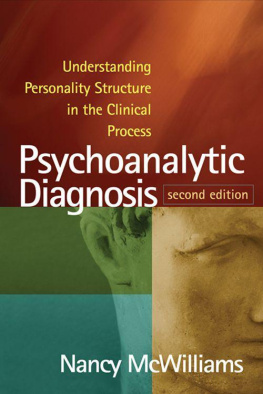Antonella Ivaldi - Treating Dissociative and Personality Disorders: A Motivational Systems Approach to Theory and Treatment
Here you can read online Antonella Ivaldi - Treating Dissociative and Personality Disorders: A Motivational Systems Approach to Theory and Treatment full text of the book (entire story) in english for free. Download pdf and epub, get meaning, cover and reviews about this ebook. year: 2016, publisher: Routledge, genre: Politics. Description of the work, (preface) as well as reviews are available. Best literature library LitArk.com created for fans of good reading and offers a wide selection of genres:
Romance novel
Science fiction
Adventure
Detective
Science
History
Home and family
Prose
Art
Politics
Computer
Non-fiction
Religion
Business
Children
Humor
Choose a favorite category and find really read worthwhile books. Enjoy immersion in the world of imagination, feel the emotions of the characters or learn something new for yourself, make an fascinating discovery.
- Book:Treating Dissociative and Personality Disorders: A Motivational Systems Approach to Theory and Treatment
- Author:
- Publisher:Routledge
- Genre:
- Year:2016
- Rating:5 / 5
- Favourites:Add to favourites
- Your mark:
Treating Dissociative and Personality Disorders: A Motivational Systems Approach to Theory and Treatment: summary, description and annotation
We offer to read an annotation, description, summary or preface (depends on what the author of the book "Treating Dissociative and Personality Disorders: A Motivational Systems Approach to Theory and Treatment" wrote himself). If you haven't found the necessary information about the book — write in the comments, we will try to find it.
Treating Dissociative and Personality Disorders draws on major theorists and the very latest research to help formulate and introduce the Relational/Multi-Motivational Therapeutic Approach (REMOTA), a new model for treating such patients within a clinical psychoanalytic setting.
Supported by her fellow contributors, Antonella Ivaldi provides an overview of existing theories and evidence for their effectiveness in practice, sets out her own theory in detail and provides rich clinical detail to demonstrate the advantages of the REMOTA model as applied in a clinical setting. The narratives in this book show how it is possible to integrate different contributions within a multidimensional aetiopathogenic treatment model, which considers the mind as a manifestation of the relationship between body and world. From a conceptual perspective, according to which consciousness emerges and develops in the interpersonal dimension, this book shows how it becomes possible to understand, in the therapeutic space, what stands in the way of sound personal functioning, and how to create the conditions for improving this.
Treating Dissociative and Personality Disorders will be highly useful in addressing the particular clusters of symptoms presented by patients, stimulating therapists of different backgrounds to explore the complexity of human nature. On reading this book, it will become clear that theories can truly become useful instruments, if approached with a critical mind and with humbleness, in order to venture into what we do not know and will never know completely: the relationship with the other, unique and irreplaceable.
Treating Dissociative and Personality Disorders provides an integrative and comparative new approach that will be indispensable for combining relational clinical knowing and motivational theories. It will appeal to psychoanalysts and psychotherapists, especially those in training, clinicians of different backgrounds interested in comparative psychotherapy, as well as social workers and graduate and postgraduate students.
Antonella Ivaldi: author's other books
Who wrote Treating Dissociative and Personality Disorders: A Motivational Systems Approach to Theory and Treatment? Find out the surname, the name of the author of the book and a list of all author's works by series.

